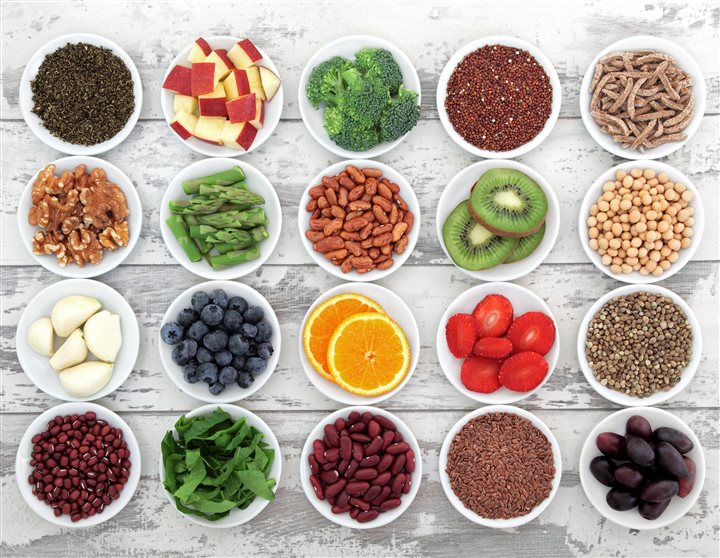If your doctor didn’t give you this advice at your last checkup, she probably should have: 97 percent of Americans don’t get the recommended daily amount of dietary fiber they need to stay healthy. But what is fiber, and why is it good for you?
Dietary fiber, sometimes called “roughage,” is a plant-based carbohydrate found in fruits, vegetables, beans, nuts, seeds and whole grains such as rice and wheat. Our bodies have a difficult time digesting fiber, which is actually a good thing – as fiber passes through the body undigested, it does a lot of good along the way!
Fiber has many proven health benefits. It has been shown to improve heart health, lower cholesterol, control blood sugar, decrease the risk of stroke, help you feel fuller longer, prevent constipation and boost digestive health and your immune system.
Experts like the Food and Drug Administration recommend we consume about 28 grams of fiber each day – which, it turns out, is a lot of food. You’d have to eat about 94 baby carrots, 47 stalks of celery, or 15 slices of whole-wheat bread to get your daily dose of fiber from food alone!
To help people get the fiber they need, the FDA has approved seven ingredients that can be taken as supplements or added to food to boost the amount of dietary fiber they contain. One of those ingredients you may find on your food label is cellulose gel, or microcrystalline cellulose.
Cellulose gel is derived from cellulose, an essential component of fruits, vegetables and trees. In fact, cellulose is so important to plants in nature, it is the most abundant organic compound on Earth!
Cellulose gel offers the same great health benefits as the dietary fiber we find in fruits, vegetables and whole grains and can be found in foods such as yogurt, cereal bars and protein shakes. So when cellulose gel or microcrystalline cellulose appears on your food label, it means you’re getting the same plant fiber found in broccoli and apples – without having to eat a lot of broccoli and apples (and without the hassle of cooking and meal planning!).
To learn more about cellulose gel and other food ingredients that make our favorite foods better for us, visit www.foodsciencematters.com.


